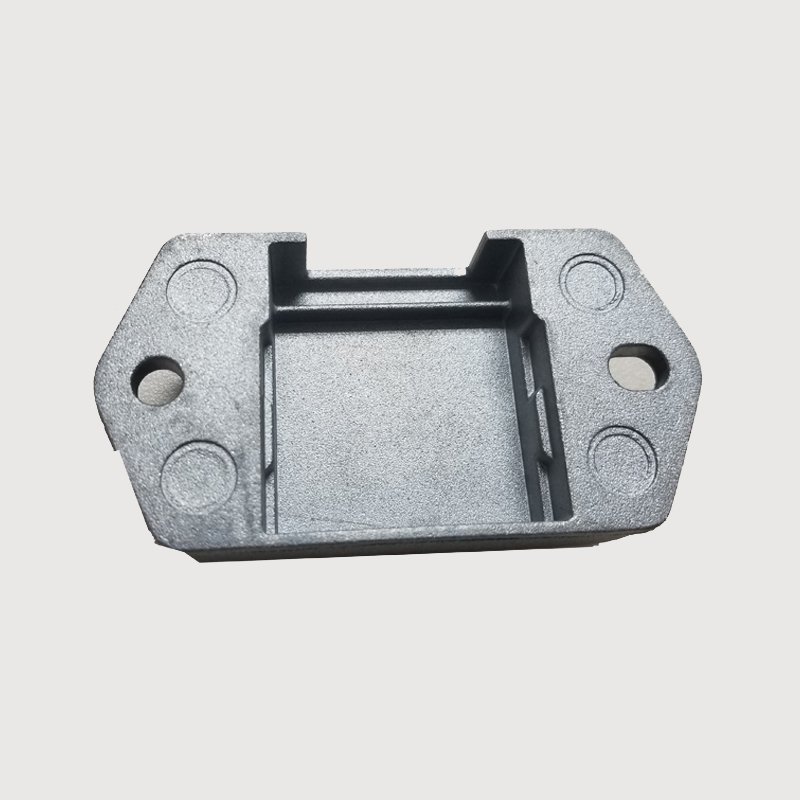do not buy alloy wheels - aluminum heat dissipation
by:Hanway
2019-09-03

. . .
Before you read this, alloy wheels are car wheels made of aluminum or magnesium metal alloys.
Alloy wheels are different from ordinary steel wheels because they are lighter in weight and thus improve performance.
Alloy wheels also have better thermal conductivity than steel wheels, which improves the heat dissipation of the brakes and reduces the chance of brake failure under more demanding driving conditions.
Alloy wheels are also considered to be more attractive than wheel covers and are the perfect choice to add grade to the motor.
Alloy wheels are lighter than steel wheels and therefore improve performance.
Alloy wheels are becoming more and more popular, so most manufacturers use them as the standard for new cars or offer the option to upgrade.
For better performance, magnesium alloy wheels or mag wheels are sometimes used for racing, not for heavier steel or aluminum wheels.
However, alloy wheels are more expensive than standard wheels, and although they are easier to buy than before, they are not standard in many cars.
Granite alloy wheels are compatible with most tire pressure monitoring systems (TPMS).
In luxury cars, steel wheels are gradually replaced by alloy wheels, which dissipate the greater heat generated by road friction.
Many times, it is misunderstood that the alloy wheel is a magnesium wheel.
Alloy wheels are regularly aligned and balanced, coupled with proper cleaning, providing an aesthetic and performance advantage for the car.
Any car, whatever it is, alloy wheels will look better as long as they are not at the top.
The main drawback of having alloy wheels is that your insurance will be higher due to the greater risk of theft of cars or alloys.
While you can buy steel, aluminum or custom alloy wheels, chrome wheels are king of the Kings.
Important Tips on wheel care do not wash expensive alloy wheels.
All alloy wheels should be installed using a torque wrench.
Most alloy wheels are made of one, two or three building types. Plus-
Adjusting the size of the alloy wheels and tires will also affect the brake system computer and sensors, which may result in a brake failure.
The defective wheel is an alloy wheel with cosmetic defects and/or imperfections on the surface of the wheel and therefore cannot be sold as a 1st quality wheel.
The defective alloy wheels do not have any final warranty and are sold as is and all sales are final.
Install the tires and balance the alloy wheels.
If you install alloy wheels yourself, please pay attention to the installation, we always recommend installing professional accessories in a decent garage or installation specialist.
Installing alloy wheels usually reduces the non-spring weight of the car-
Generally speaking, this means a reduction in the rotation quality at the end of the suspension part, giving you a better steering feeling and a greater braking response.
The contradiction here is that alloy wheels are stronger and lighter than traditional steel wheels, so bad roads should not worry them;
But in fact, most of India's premium alloys are imported from Taiwan and elsewhere, some of which do not meet strict quality standards.
Like all ordinary wheels, alloy wheels need to be balanced and aligned.
Most alloy wheels are cast into molds, and the final result is more stable than the traditional steel wheels and wheel covers, with less tire stress.
Steel wheels are a great way to provide basic transportation for basic cars, but for those who want to extend the tire life and make it smoother, the way to go is alloy wheels.
Basically, alloy wheels are named for their appeal, stylish touch and durability.
Alloy wheel type: aluminum alloy wheels: the density of aluminum alloy wheels is only about 1 out of 3 compared with steel wheels.
Magnesium alloy wheels: These types of wheels are lighter and have a density of just under 1-
Bigger than the weight of the steel wheel
Advantages: aluminum alloy wheels are cheap and affordable. Alloys (alloy wheels)
Wheels made of aluminum alloy are lighter and better
It looks less corroded than steel.
The cast alloy wheel is poured by pouring the molten aluminum into one-piece mould;
The more expensive forging alloy, sometimes made of magnesium, is made of high-
Pressure stamping process.
Performance is affected when they are bent or damaged.
Aerodynamics also affects fuel consumption and performance: the easier it is for a car to pass through the air, the less fuel is used, and the faster it travels.
Custom message








